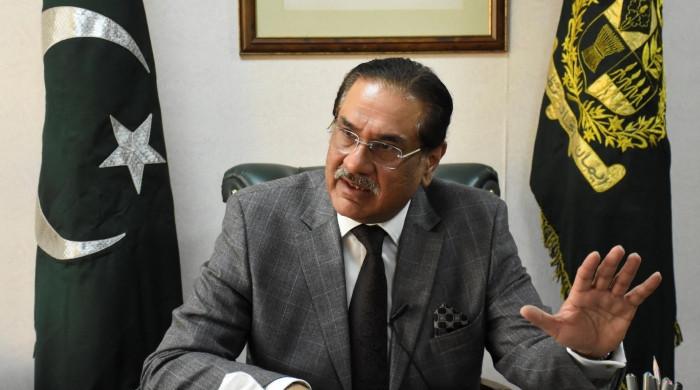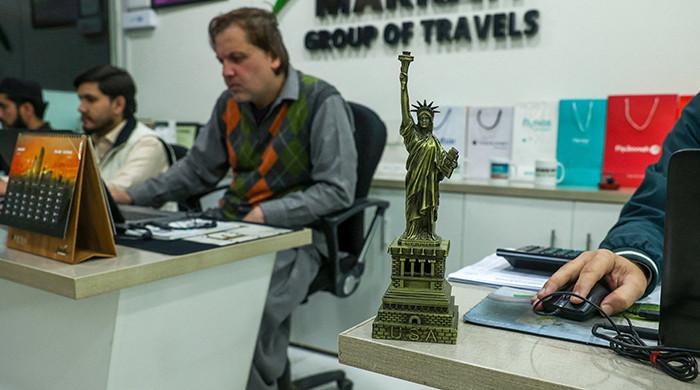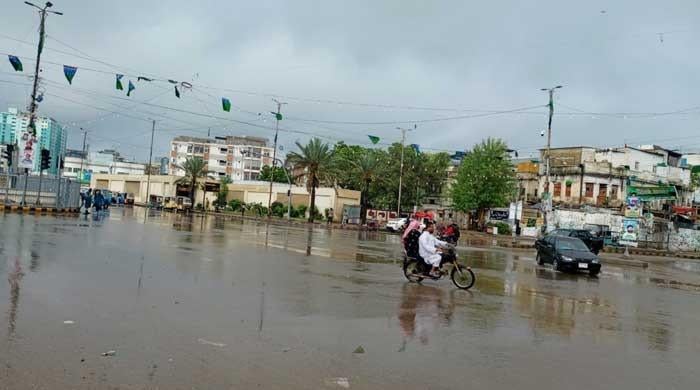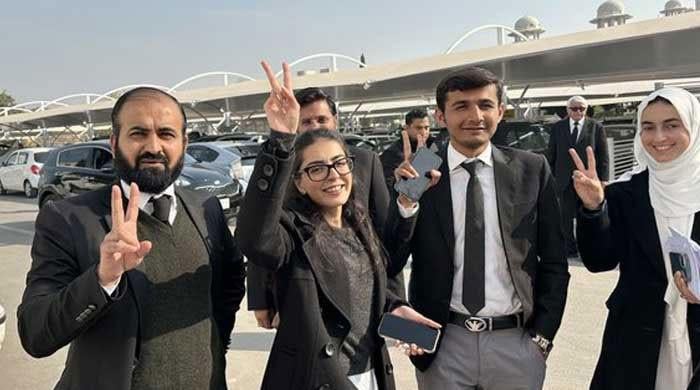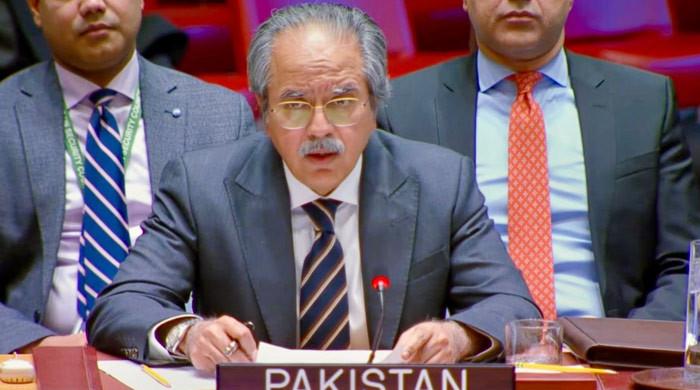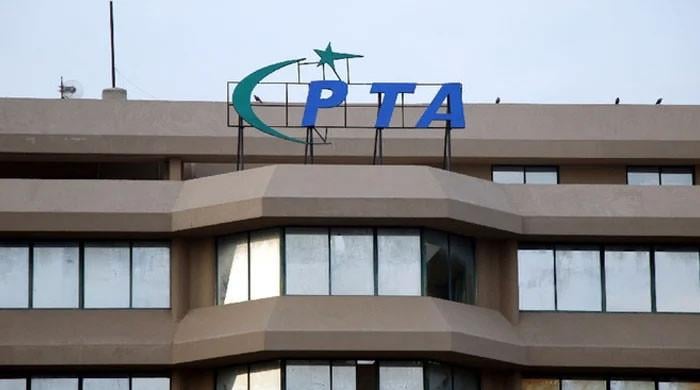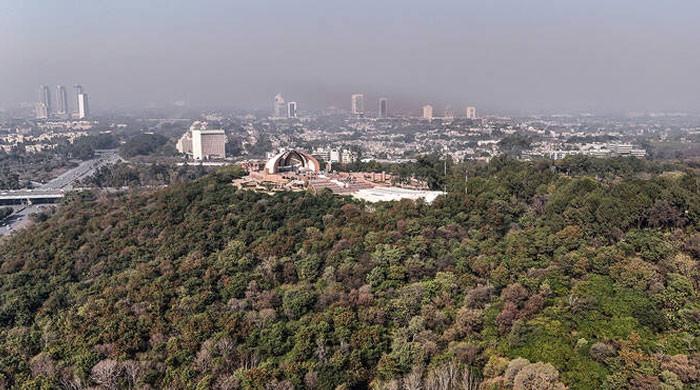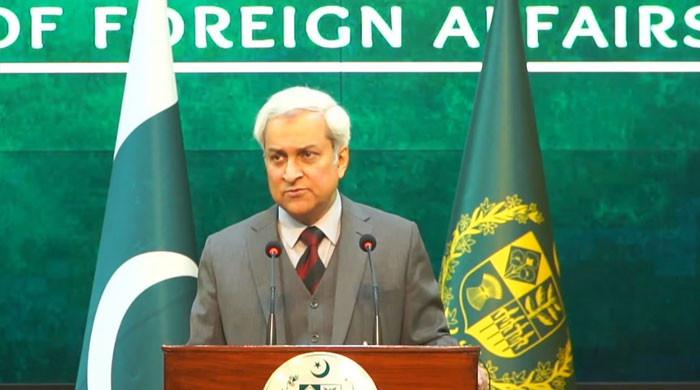TTP chief Noor Wali Mehsud refutes reports of death during Afghanistan-Pakistan conflict
Islamabad blames the banned organisation for near-daily attacks inside Pakistan from Afghanistan
October 17, 2025
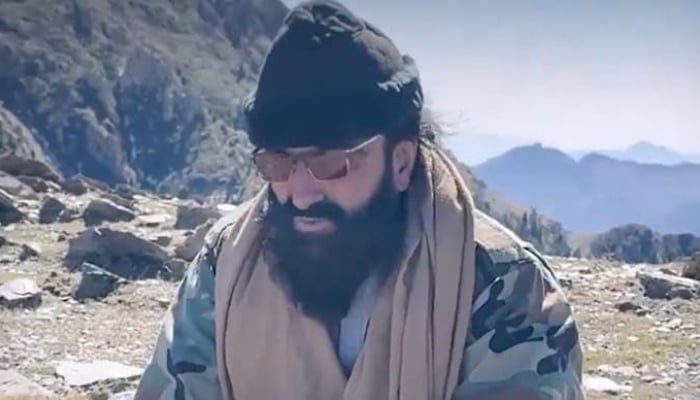
- Uneasy ceasefire after fiercest Pakistan–Afghan clashes in decades.
- Reuters couldn’t verify video location of TTP leader.
- Islamabad blames TTP for near-daily attacks inside Pakistan.
ISLAMABAD: As Pakistan and Afghanistan reel from their most serious cross-border fighting in decades, Islamabad says a militant leader is orchestrating near-daily attacks on its soil.
An uneasy ceasefire took hold on Wednesday, but Pakistan’s core grievance remains: the presence of Noor Wali Mehsud in Afghanistan alongside his senior lieutenants.
Last week, he survived an airstrike in Kabul. On Thursday, he appeared in a video to show he was alive, saying he aimed to refute reports of his death. Pakistan's security officials and militants had already assessed that he had likely survived. In the footage, shot on a hilltop, Mehsud claimed he was in Pakistan; Reuters could not verify the location.
Pakistan has not officially owned the airstrike, the first in Kabul since the successful 2022 US targeting of Al Qaeda leader, Ayman al-Zawahiri.
Mehsud took over the leadership of the outlawed Tehreek-e-Taliban Pakistan (TTP) in 2018 after his three predecessors were killed by US drone strikes. By then, Pakistani security forces' operations had largely driven the group out of their former strongholds and into Afghanistan.
He has revived the group, transformed its strategy, and united warring factions with diplomatic skill, analysts say. Trained as a religious scholar, he also took up an ideological battle. The Taliban’s 2021 takeover next door gave the TTP freer movement and greater access to weapons, Islamabad says, and attacks inside Pakistan escalated — especially in the northwest bordering Afghanistan.
In the past, the TTP struck civilian targets, like mosques and markets, including killing more than 130 children in a 2014 school assault.
Pakistan’s military says the TTP has distorted religion and that it is supported by India.
Mehsud fuses religious justification with nationalism.
Abdul Sayed, an independent expert on the region’s militancy, said Mehsud claims to speak for the Pashtun ethnic group that lives in northwest Pakistan and also in Afghanistan — the Afghan Taliban are largely Pashtun.
“Mehsud continues his efforts to reshape the group into an armed movement fighting, as he claims, for the rights of Pashtun tribespeople,” Sayed said. “In pursuit of a government system similar to that of the Afghan Taliban.”




